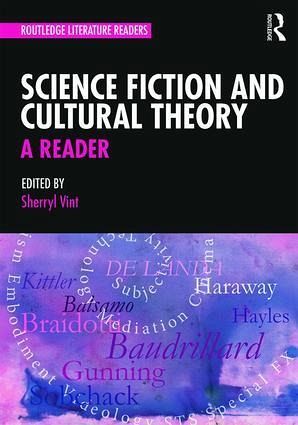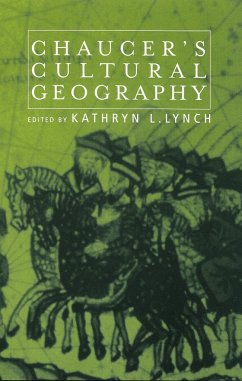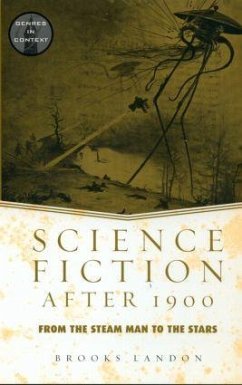
Science Fiction and Cultural Theory
A Reader
Herausgeber: Vint, Sherryl
Versandkostenfrei!
Versandfertig in 1-2 Wochen
68,99 €
inkl. MwSt.

PAYBACK Punkte
34 °P sammeln!
Science Fiction and Cultural Theory: A Reader is an essential resource for literature students studying science fiction, science and popular culture, and contemporary theory. This book combines key theories that have become touchstones for work in the field with more recent thinking to showcase how theoretical paradigms central to science fiction such as posthumanism and mediation have become central to critical theory overall in the twenty-first century. The book is divided into four parts: Gender, Technology and the Body The Science-Fictionalization of Everyday Life Media, Mediation, Science...
Science Fiction and Cultural Theory: A Reader is an essential resource for literature students studying science fiction, science and popular culture, and contemporary theory. This book combines key theories that have become touchstones for work in the field with more recent thinking to showcase how theoretical paradigms central to science fiction such as posthumanism and mediation have become central to critical theory overall in the twenty-first century. The book is divided into four parts: Gender, Technology and the Body The Science-Fictionalization of Everyday Life Media, Mediation, Science Fiction Posthumanisms Each part will not only to outline the central critical trends in the study of science fiction across media but will also to show dialogue and exchange as these concepts are refined. Each section will conclude with a list of recommendations for further reading. In this volume Sherryl Vint brings together the most important critical essays and approaches to the study science fiction over the last 40 years to create an ideal resource for classrooms.














